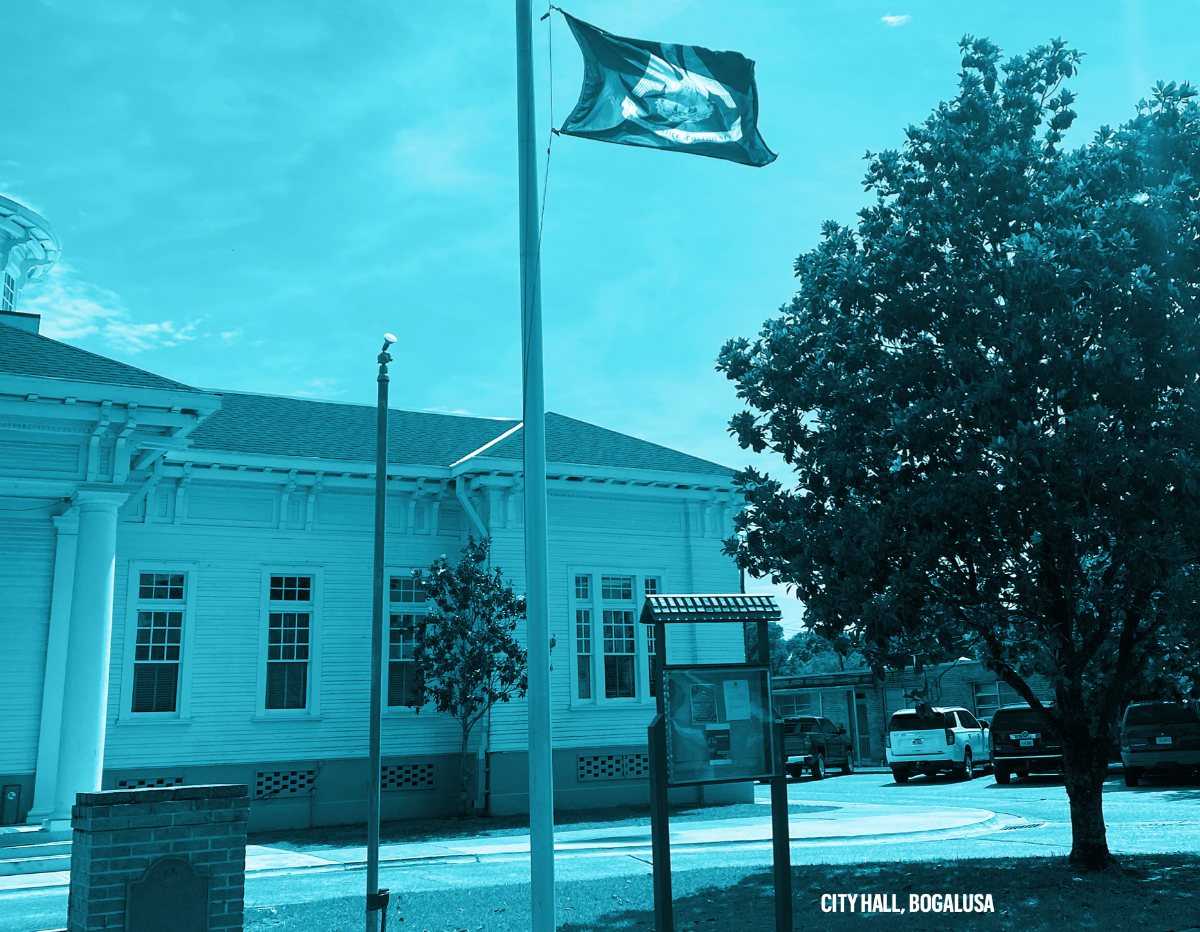
Just a few weeks ago, I flew to Bogalusa, Louisiana, to join several team members for a special day. They had spent the last year working with community members on a groundbreaking public safety plan.
On the plane, I continued reading “The Movement Made Us,” David J. Dennis Jr.’s account of his father’s essential civil rights work in Mississippi and Louisiana in the 1960s. The elder Dennis had worked in Bogalusa, and in the book he debunked the idea that small town Southerners had to be taught to organize. He found a movement in full swing in Bogalusa.
His work was a reminder that the fight for justice and racial equity is never new—we are following in the footsteps of those who have been organizing for generations.
Arriving in Bogalusa with this knowledge, I felt steeped in the local history and the deep-rooted challenges its residents face today. What struck me most was how personal the violence in the community feels.
In a city this small, there is no distance between the people who have been harmed and those responsible for the harm. You know the names and the faces, and that closeness carries both pain and hope. I met leaders like Khlilia Daniels, the founder of Forever Takes a Village, who told me how the violence has become normalized, but who also spoke of a renewed sense of possibility.
What I saw in Bogalusa were people who are already hard at work—organizing youth programs, advocating for safer streets, and building opportunities for healing—all with little support. These are efforts driven by passion, often funded from the pockets of the people leading these efforts. But it’s not enough.
The challenges are immense, and the resources are few. Bogalusa doesn’t have an endless list of nonprofits or a steady stream of funding. What it does have is resilience, history, and a belief that together, change is possible.
After an inspiring day of advocacy and shared learning, I found myself asking, “How can we do more? How do we bring the attention and funding that Bogalusa and other rural communities so desperately need? How do we build sustainable support to keep the momentum going?”
Because while the problems are great, the hope and determination in Bogalusa are greater.
I left Bogalusa with a deep commitment to stand with this community, to partner with them in building pathways to healing. We’ve started this work with Our Roadmap for Change, but it is just the beginning. Please take a few minutes to read the report.
With your support, we can ensure that Bogalusa continues to move toward a future where every family, every neighborhood, and every child has the opportunity to thrive and be safe.
Thank you for standing with us—and with Bogalusa.
Toward justice,
Jamila Hodge
Chief Executive Officer



